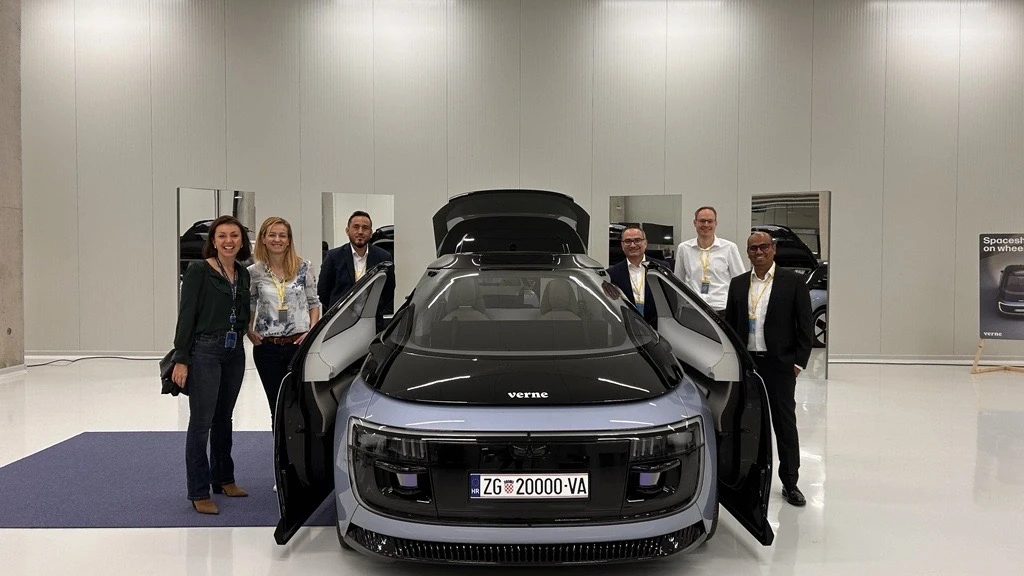Batteries consist of various chemical components and layers that are processed in a multi-stage process – from the manufacture of the electrodes to cell assembly and final assembly. Each stage requires precise production conditions, as even the smallest deviations can affect the performance, safety and longevity of the batteries. For this reason, seamless quality control and traceability must be guaranteed. Errors can lead to serious safety risks.
“Modern battery production is complex. It requires high-precision processes and at the same time a high production speed in order to meet demand. At the same time, it is subject to strict industry-specific quality requirements. For our customer project, for which we are currently setting up the production lines, an MES/MOM is indispensable. A 4-month selection process convinced us that the iTAC.MOM.Suite meets all the technological requirements that are crucial for the production of battery modules and battery packs,” explains Martina Raguž, IT Project Manager at Rimac.
The iTAC.MOM.Suite production management system from iTAC enables the mapping, control and planning of the entire production process and ensures active traceability. "In the challenging production of battery cells, materials are used that are difficult to process and sometimes highly dangerous. To minimize risks and avoid errors, seamless traceability and comprehensive quality analyses are essential. This enables quality and performance characteristics as well as all standards and specific requirements to be met,” says Diogo Oliveira, Sales Manager MOM EMEA at iTAC Software AG.
Greenfield development – designed from scratch
One special feature: the shop floor at Rimac is a greenfield site, which means that everything can be “redesigned”. This offers the possibility of creating the entire production infrastructure from scratch in a new production environment. As no existing systems have to be integrated and no compromises have to be made with the IT architecture, the MES/MOM system can be perfectly tailored to the specific requirements of modern battery production at Rimac right from the start.
The go-live of the system for the battery pack production line is scheduled for the end of April 2025 and for the module production line for the end of July 2025.
And Rimac is also well positioned for the future “In addition to the functionalities of the iTAC software that are decisive for us, the architecture is an important feature for us. Thanks to the open, scalable platform and microservices, we are also equipped for possible expansions,” emphasizes Martina Raguž.



